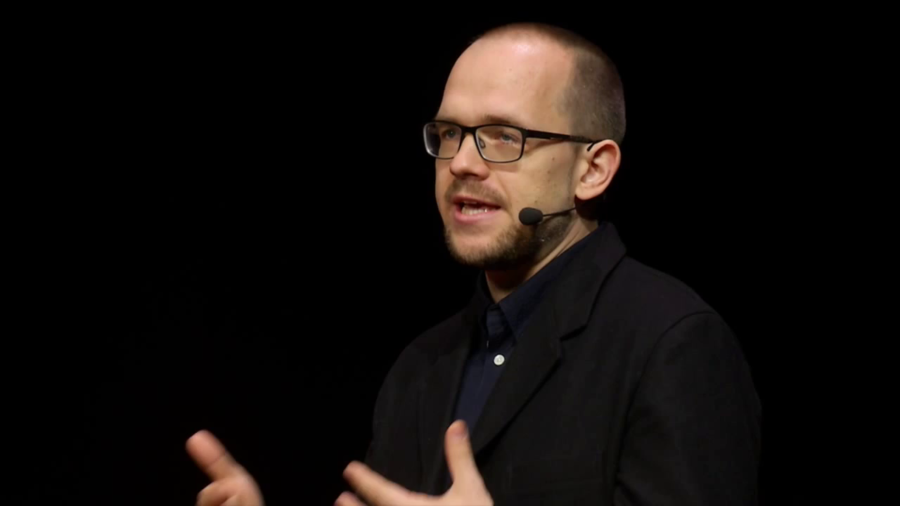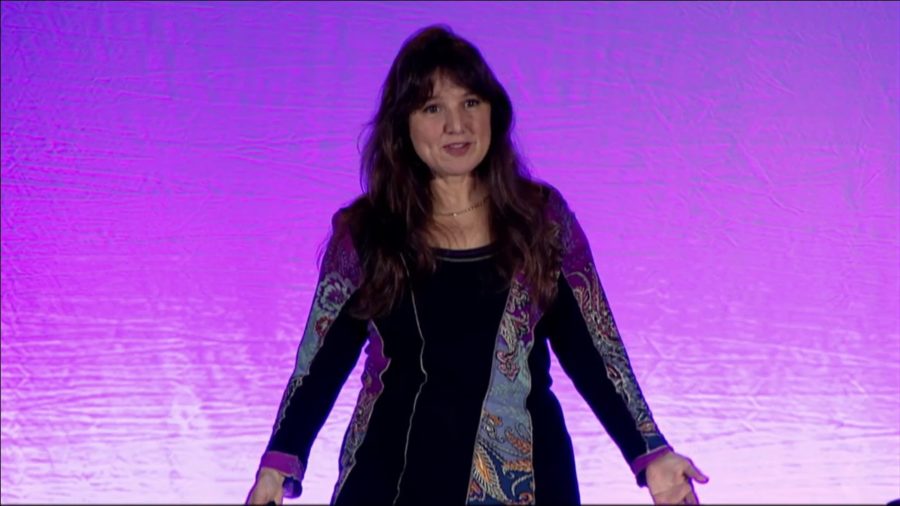If you look at the appeal that Silicon Valley has to a lot of us, and to a lot of public institutions especially, I think you can understand that the reason for that appeal is very simple. They can offer services that work, that work in a very effective manner, and that are offered more or less either very cheap or are mostly offered for free.
Archive (Page 2 of 3)
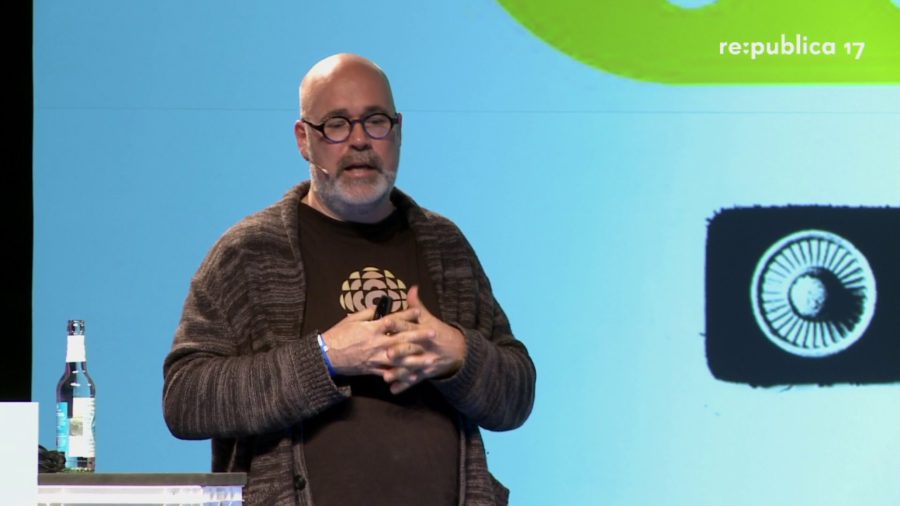
This is a moment to ask as we make the planet digital, as we totally envelop ourselves in the computing environment that we’ve been building for the last hundred years, what kind of digital planet do we want? Because we are at a point where there is no turning back, and getting to ethical decisions, values decisions, decisions about democracy, is not something we have talked about enough nor in a way that has had impact.
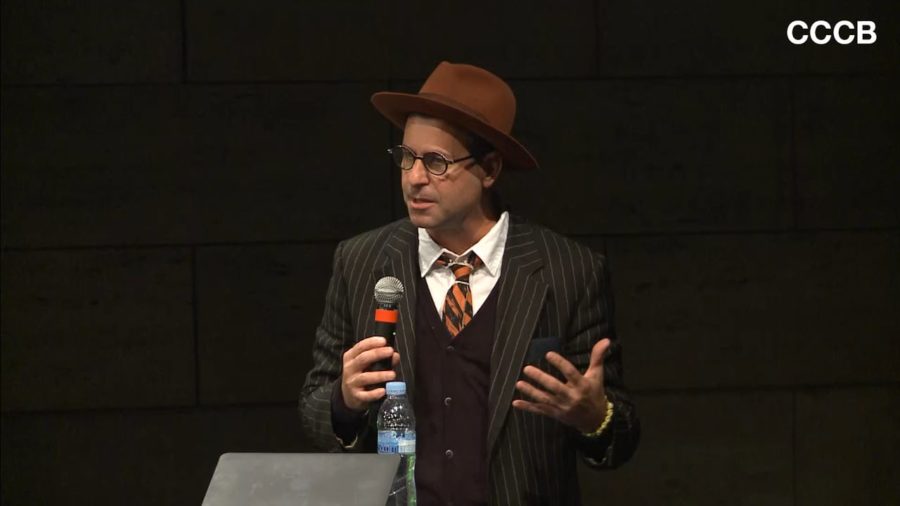
I think that what I want to say is that the polemics around the discourse of the Web are too binary. I think that one of the problems that we have in theorizing the Web is that we tend to moralize it in binaries. I get it. It’s bad. The Web is bad for you. Or the sort of free culture is always like, “It’s really good. It’s great. Free culture is great.” It’s neither.
I became tired of knocking on the same doors and either seeing the same people or different people. But I really just felt like I was in this cycle of faux liberation, where I would feel a victory, and the victory was probably formed around the RFP for the grant that we needed to get in order to do our work.
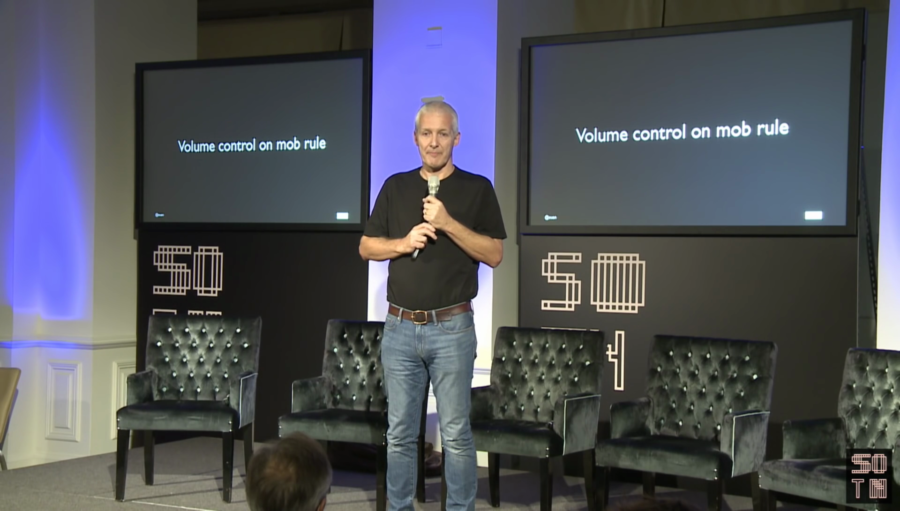
I think we are groping towards this idea of truth. And even the word truth can be defined in multiple different ways. So we are by its very nature dealing with a very slippery topic.
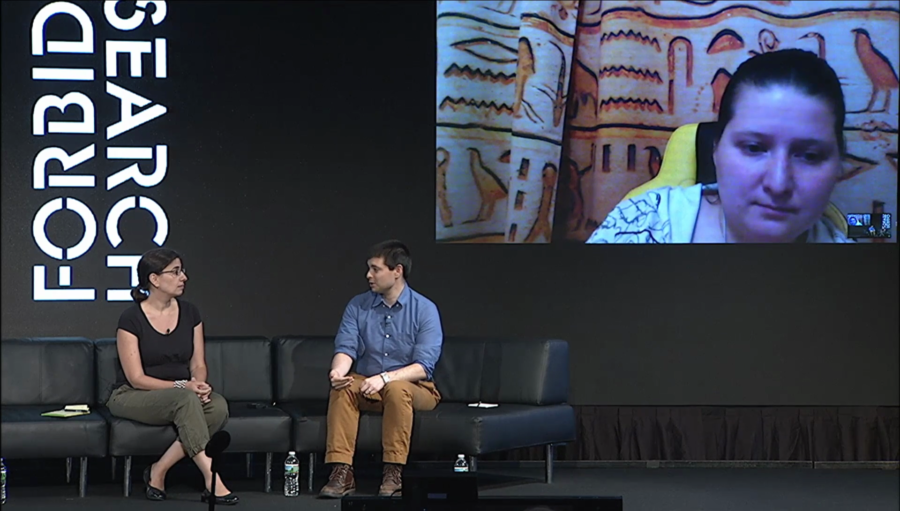
Quite often when we’re asking these difficult questions we’re asking about questions where we might not even know how to ask where the line is. But in other cases, when researchers work to advance public knowledge, even on uncontroversial topics, we can still find ourselves forbidden from doing the research or disseminating the research.
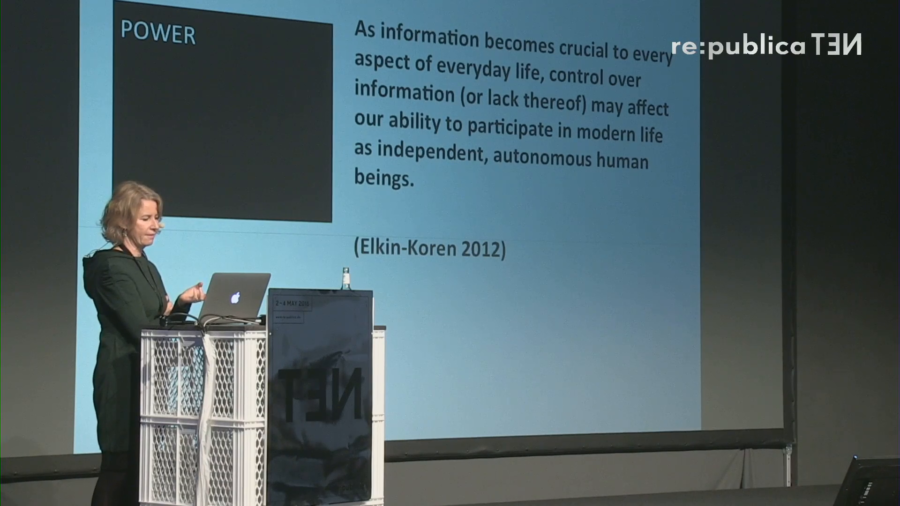
What does it mean for human rights protection that we have large corporate interests—the Googles, the Facebooks of our time—that control and govern a large part of the online infrastructure?
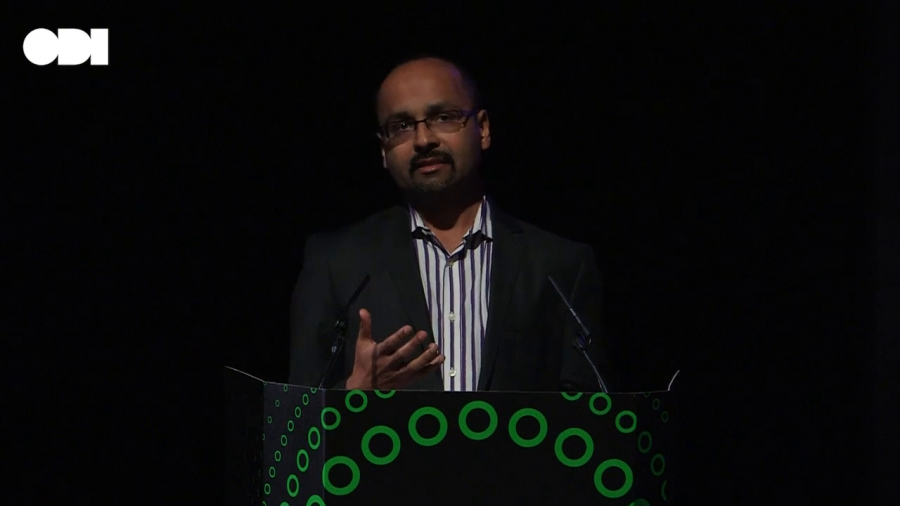
We asked our six thousand members to write to their candidates and say, “If you get elected, do you promise to take statistical training from the Royal Statistical Society?”
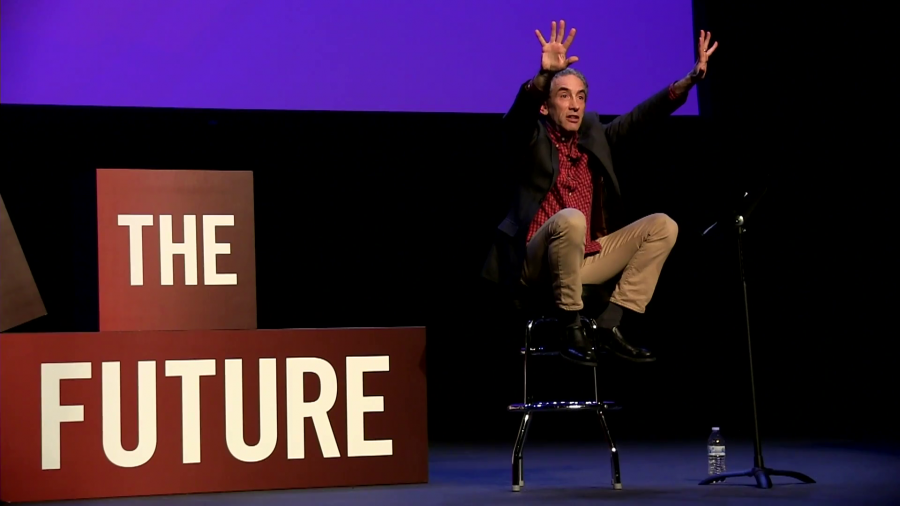
Google just has to grow. It has to keep growing. But Google grows at its own peril. Google grew so much that what happened? It outgrew Google. Google had to become what? Alphabet. Now what is Alphabet? Alphabet is not Google. Alphabet is a holding company. So Google’s new business as Alphabet is to do what? It’s to buy and sell technology companies. So, once a company becomes just too big to flip anymore, it becomes a flipper of other companies.

